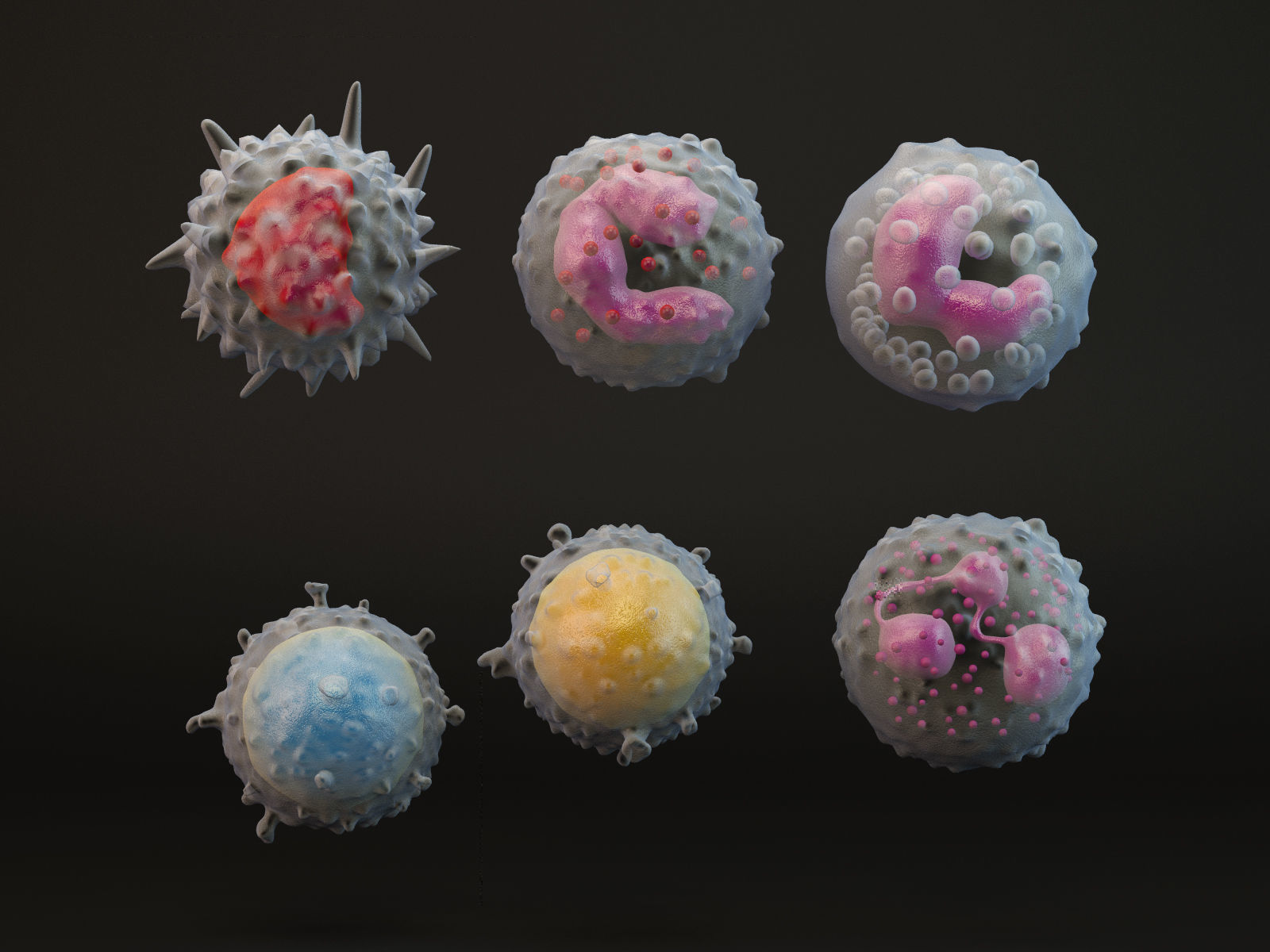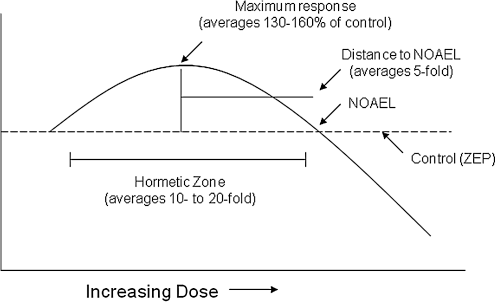Understanding Neutrophil to Lymphocyte Ratio (Part 2): Research Demonstrating its Role as a Valuable Prognostic Marker in Cancer
A large body of research (as well as my clinical observations) point to chronic inflammation as a powerful force in the initiation, growth, and spread of cancer. As a result, an essential component of my protocol for health includes addressing inflammation.
As I discussed in part 1 of this series, there are three points to consider when evaluating the role of inflammation in cancer. First, a chronic inflammatory state can initiate cancer development. Second, it’s important to discover and address the root cause of the inflammation—for example, pathogenic (chronic infection), life-style, stress, and/or poor dietary habits. And third, recognize that the cancer itself creates inflammation—as the cancer energy mutates and gains intelligence, it manipulates the immune system, creating a pro-inflammatory micro-environment favorable to cancer growth.
Research indicates that the systemic manifestations of inflammation can provide a valuable biomarker for prognosis and treatment stratification. In particular, numerous studies indicate that a simple indicator of systemic inflammation—based on neutrophilia and/or lymphocytopenia—can provide prognostic information in a wide range of cancer types. In particular, the value of one index (the dNLR) derived from total white cell and neutrophil counts, is enabling large retrospective studies to be carried out.
Neutrophil to Lymphocyte Ratio May Be a Predictor of Mortality in All Conditions
White blood cell (WBC) count is one of the useful inflammatory biomarkers in clinical practice. For example, even if WBC is within normal range, subtypes of WBC including N/L ratio may predict cardiovascular mortality.
N/L ratio is a readily measurable laboratory marker used to evaluate systemic inflammation. There are many different conditions that can affect N/L ratio, including hypertension, diabetes mellitus, metabolic syndrome (1), left ventricular dysfunction, acute coronary syndromes, valvular heart disease, abnormal thyroid function tests, renal or hepatic dysfunction, known malignancy (2,3,4), local or systemic infection, previous history of infection (<3 months), inflammatory diseases, and any medication related to inflammatory conditions.
Here’s one example of how the N/L ratio can be useful as part of the evaluation of a specific cancer and the treatment protocol: not only N/L ratio but also mean platelet volume, red cell distribution width (5), platelet distribution width, CRP, uric acid and gamma-glutamyl transferase (6) are easy markers to evaluate the prognosis of colon cancer patients (7). However, one should keep in mind that N/L ratio itself alone without other inflammatory markers may not give exact information to clinicians about the prognosis of colon cancer patients. (8,9).



 Inflammation is an essential part of our body’s immune defense. When we encounter pathogens such as bacteria, viruses, or parasites, our body responds with inflammation to fight the invaders and increase immune response. In these instances, inflammation is beneficial. But inflammation has a dark side—left unchecked, it can wreak havoc on cells, tissues, and organs. For example, it’s well established that chronic inflammation is a powerful force in the initiation, growth, and spread of cancer.
Inflammation is an essential part of our body’s immune defense. When we encounter pathogens such as bacteria, viruses, or parasites, our body responds with inflammation to fight the invaders and increase immune response. In these instances, inflammation is beneficial. But inflammation has a dark side—left unchecked, it can wreak havoc on cells, tissues, and organs. For example, it’s well established that chronic inflammation is a powerful force in the initiation, growth, and spread of cancer.





